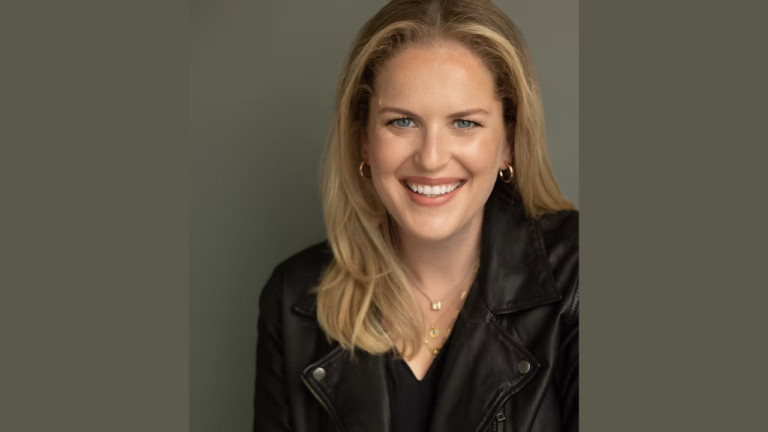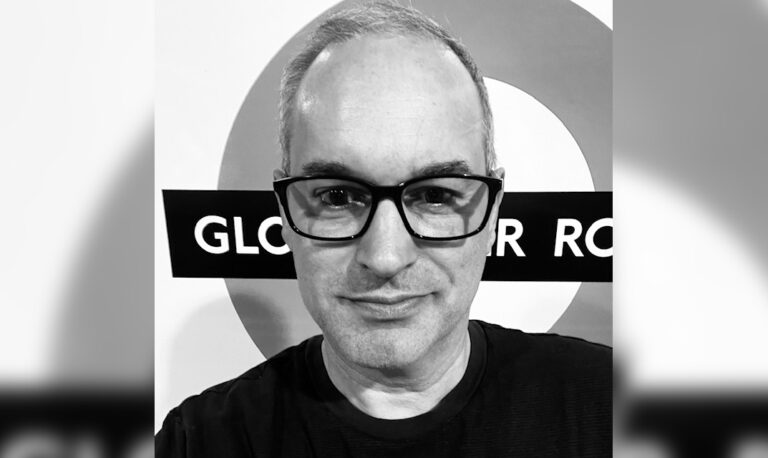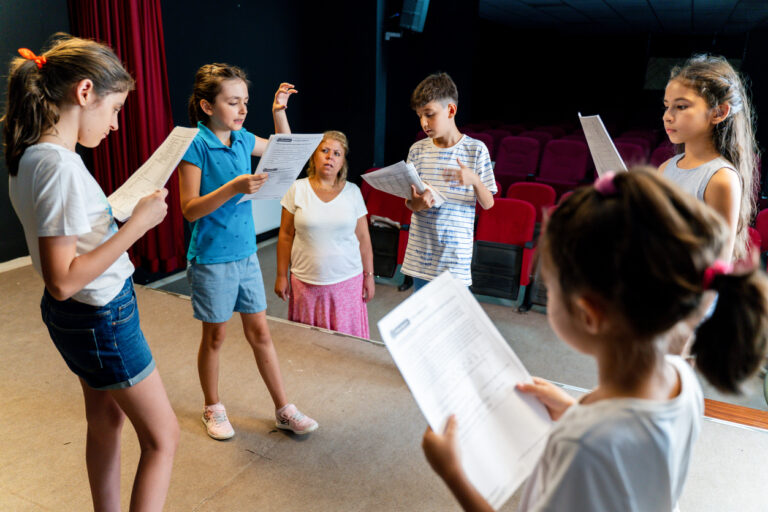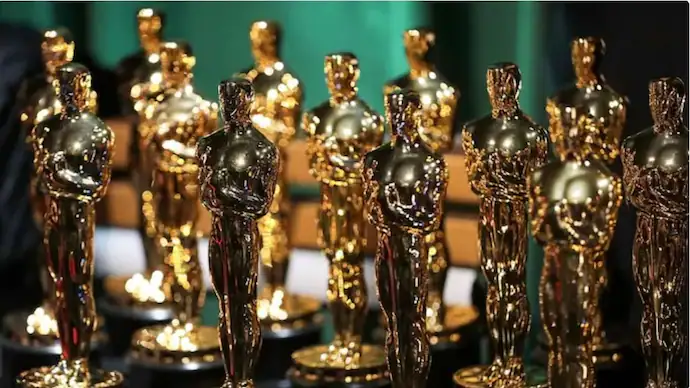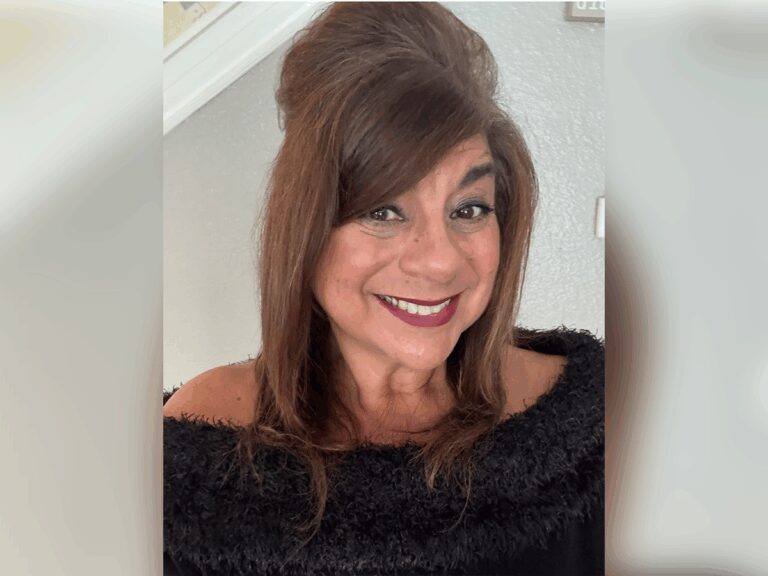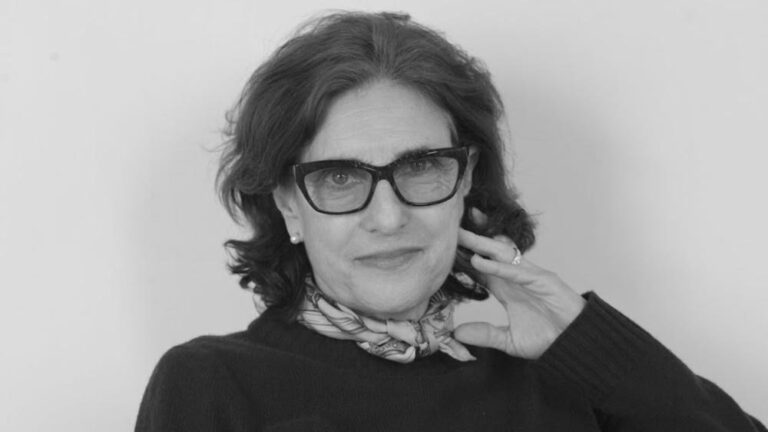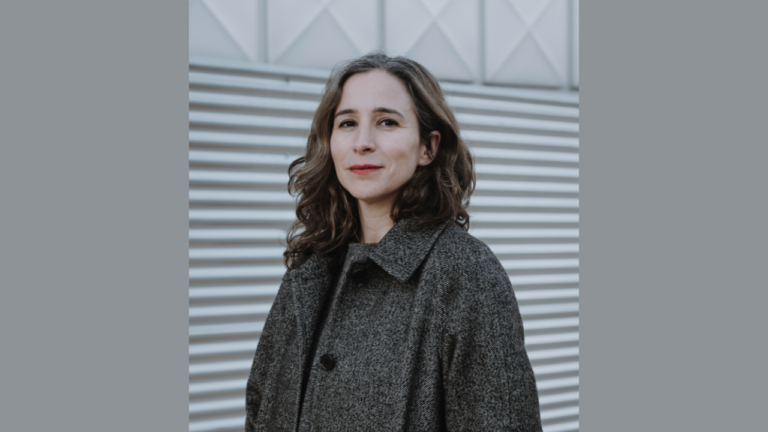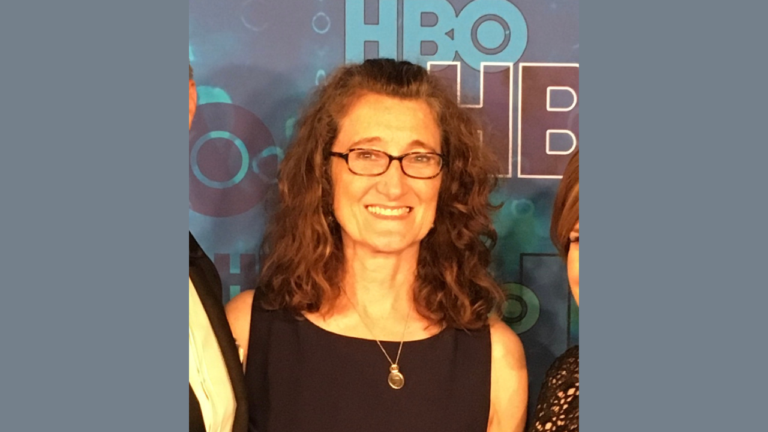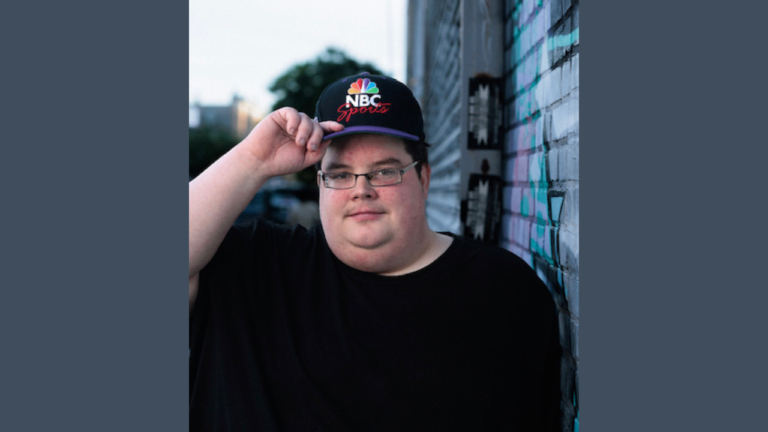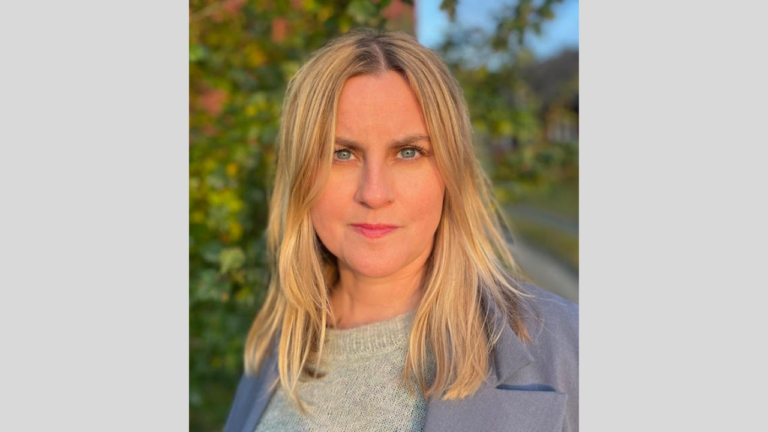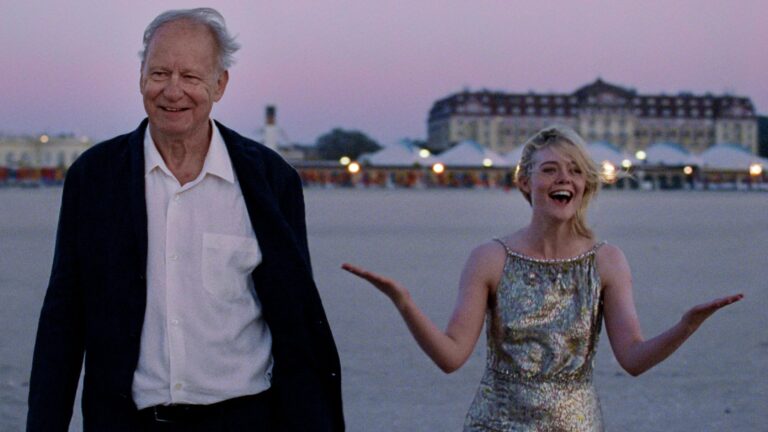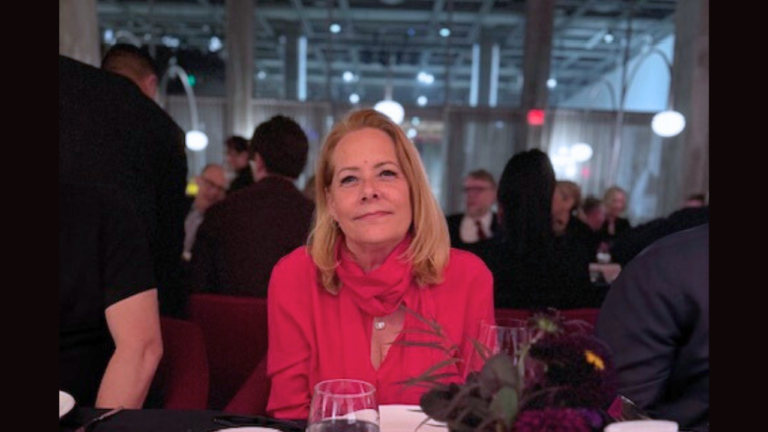It’s not hyperbole to suggest that the most interesting couple in Hollywood might just be a husband and wife casting director team living in Wilmington, North Carolina. Craig and Lisa Mae Fincannon have worked with everyone from Hal Needham to David Lynch, with directors like Rian Johnson, Stephen King, Jon Watts, and oh yes, Michael Mann in between.
Another thing — most people don’t get to have even one legend as a mentor, but they had two. Along with Craig’s brother, Mark Fincannon, and their fourth partner, Kimberly Wistedt, they have not only built an empire on the southeastern quarter of the country, they have also helped to create an unrivaled community of performers and artisans. Together, they have cast hundreds of movies and helped to start the careers of even more actors, many of whom are household names.
If a production is happening in North Carolina, they’re probably involved, and if it’s somewhere else in the southeast U.S., they’re probably involved in that, too. At the moment, they have at least three TV shows on the air, and their latest work is the Hallmark Channel movie, A Grand Ole Opry Christmas, which drops November 29. They chatted with us from their home office.
Key Insights:
- Casting directors look for actors who find such genuine truth that no one can catch them acting.
- View every single audition as an invaluable opportunity for artistic growth and learning, regardless of the outcome.
- Engage deeply with the film family in your region – mutual support and professionalism create greater opportunities for everyone.
- Investing in your craft not only supports your growth as an actor, it also elevates the quality of the local talent pool and the success of the entire production ecosystem.
How did you get into the casting business in the first place?
Craig Fincannon: I started a little advertising and publicity company in 1979 and one of my clients was NASCAR, because I lived in Charlotte, the home of NASCAR. Smokey and the Bandit had come out a few years before, so Burt Reynolds and his partner, the director Hal Needham, convinced Skoal chewing tobacco to sponsor them in a car called the Skoal Bandit. So through NASCAR, I got to know Hal and Burt very well, and one day Hal said to me, “Hey, I’m coming to Charlotte to make a movie,” and I said, “Well, great, I want to play,” and he said, “What the hell can you do?” And I said, “Well, I don’t know, in college I trained as an actor.” He said, “All right, you do the actors.”
That was his way of saying he wanted you to cast it?
CF: Yeah, yeah, and I said, “Okay, great.” So I worked with a guy named Stratton Leopold to do his extras casting. When it was over, I was left with thousands of applications from people who wanted to be extras in the movie, and a few days later, I got a phone call from a British producer who had heard from Universal that I’d done extras on the Burt Reynolds movie, and would we do his, too? Yeah, sure.
So you were slipping into this while you were making a living doing this other thing?
CF: This was a side dish to what my brother Mark and I were doing for a living as a promotions company, and then this movie thing came along. Next thing I know, the film commissioner of North Carolina called and asked me to meet with Dino De Laurentiis, who was coming to North Carolina to make a movie. Well, a few years before, I had sat on a panel with Frank Capra and fell in love with this old man. I invited him to Charlotte to do a Frank Capra weekend and screen movies of his and do TV and newspaper, so I got to spend five days with him and his wife, and they were so lovely. His son, Frank Capra Jr., worked for Dino, and so I met him here in Wilmington. I love to tell the story, because I’m 10 generations North Carolina, and this little prop plane flies in, this guy steps out, and he’s wearing parachute pants. His shirt is opened to here. He’s got five gold chains and aviator sunglasses on. And I said, “Oh, shit, Hollywood has come to North Carolina.” (Laughs) So I met Frank Jr., and I spent a week with him, picking locations, finding office space, deciding that they were going to shoot the first movie, which was called Firestarter.
Dino made a whole bunch of movies in North Carolina back then, right?
CF: That’s right. Dino paid minimum wage, and we worked 80-hour weeks, and loved it. I mean, we would have paid Dino. So over the course of the next five years, we did 28 feature films, and around 1983 or ’85, Mark and I saw that this was a real deal with the movie business. I mean, we worked with everybody you can imagine, and we were doing three or four films simultaneously. We would literally do a meeting with Michael Mann in the morning, and then we would have a lunch meeting with Bruce Beresford, and then Peter Bogdanovich in the afternoon, and David Lynch or Michael Cimino. It was truly a school that you could not have paid for. It was just incredible serendipity.
When did Lisa come along?
CF: Around 1988, I went to a big film council meeting, and there was this young lady sitting in the corner. She was the new assistant director of the Arts Council in Wilmington, but she was very intrigued and interested [in] film, and that’s where Lisa and I met, and you can take it from there.
Lisa Mae Fincannon: I went to the University of Georgia, which has the Peabody School of Journalism. I decided that I wanted to make some documentaries about the art and music scene around Athens, Georgia, which was important to me. I lived on the street where all the musicians lived. A lot of the bands that went on to be big from that era were my neighbors or my roommates, and we all went to school together and ate together and lived together and partied together and did all the things together. So my first documentary that I worked on did very well, and I was able to fund a second. I thought directing should be my next step, so I applied to NYU and I got accepted.
And yet, you ended up in North Carolina.
LMF: My parents begged for a year in between. They’d just finished paying for the two degrees I’d gotten in Georgia, and now I was going to grad school. My grandmother had become very ill and lived in Wilmington, and I thought, I’m going to go to Wilmington and work for a year doing something, save my money, and then go on to to NYU. That’s where I met Craig, and Craig had two very young children, and I fell in love with all three of them. So when it was time to go, I had a really tough decision. I chose not to go. At that point, Craig said, “You’re so good at this, I don’t understand why you don’t come be a casting director.”
CF: We made her work from the bottom up. She started working in extras in the first show, which had 25,000 extras. It was a stock car movie with Tom Cruise called Days of Thunder.
LMF: I just fell in love with Tony Scott. Fell in love with him.
CF: Now she’s working on her very first film, with Don Simpson, Jerry Bruckheimer, Robert Towne, Robert Duvall, Tom Cruise …
LMF: It was perfect for me. I have no sisters and no girl cousins. I do not understand women. It’s a real problem. (Laughs) So for me, all that testosterone, I got along with all those guys really great. I love them all very, very much.
I’m always fascinated by the light-bulb moment casting directors have. Lisa, it sounds like you fell in love with the man before you fell in love with the career, but you still had to have that moment.
LMF: Mine was being able to paint with people, honestly, because there was such a need for me to express artistically, and so I would love to paint, and I would love to write. So early on in in my career, I did a lot of high-end, artistic commercials for feature directors that would then take me all over the world. Literally. That was the other great thing about it. So that’s how I fell in love with it — the growth of just moving from painting with people to watching words expressed so that it feels so organic, that it’s theirs, they own it. It’s intoxicating.
CF: I got very lucky, because Dino’s primary casting director was a man named Lynn Stalmaster.
A legend.
CF: He was the only casting director to get an honorary Oscar. Dino actually brought Lynn to Wilmington to oversee the casting of all these movies. He would come in and out, and he and Lisa became great friends. They would go antique shopping all day, and then in the afternoon, Lynn and I would get together and we’d go over all the casting stuff.
LMF: I’m a mad negotiator. So Lynn would go in, and he would come out and tell me what he wanted, and then I go in and get it for pennies on the dollar.
CF: Lynn taught us the bones of the world of casting. And Lynn, because he had been an actor, insisted on personally reading opposite every audition. So for me, I got my jollies and my creative outlet as a casting director. Now, Lisa comes along, I’ve got my brother, we’ve got three or four other people. I got a little company to run, and this movie thing paid a whole lot more money than being an ad pub. Now, all of a sudden, here’s a chance maybe to build something.
LMF: And Dino, because he was Italian, he saw filmmaking familially, and as southerners, we’re exactly the same way. I still today go on film sets in Wilmington and Charlotte and Atlanta, and I hug my way through the entire film set, because either there’s somebody that I just did a show with last week or I’ve known them since Dino, but it is truly amazing. We all have each other’s backs. Everybody looks out for everybody. It is truly like a family. Dino loved that about the South. He truly embraced it, and it made going to work so much fun.
I talk to a lot of people who work in film, and maybe a few of them get to have one legend as a mentor. I can’t think of any others who have two.
CF: I don’t want to leave Frank Capra Jr. out of this, because he was the president of AVCO Embassy, the creator and producer of the Planet of the Apes series, and Dino hired him away to come to North Carolina. Well, Frank Jr. liked it here so much, he moved here and stayed till his death. He never left Wilmington, and he and I became business partners, and he was my dearest friend for 35 years.
That’s another thing that’s interesting here, is that Craig has been there for the entirety of the film business’s existence in North Carolina. One could argue that you were a building block of getting it started …
CF: I was in the backseat of the car.
Which means you’re essentially a walking archive of the history of this business in your region of the world.
CF: You know, we fell into it, but we were so genuinely in love with it that we did it to death. We worked 80-hour weeks for years and years. After Dino stopped, there was a lull, but what happened was that television found us as a place to do movies of the week. Back when they did those, we did 125 movies of the week in about seven years. Now, all of a sudden, the television production entities recognized the South as a place. Now what has happened is, so many crew members came on a film from LA or New York before the real infrastructure had built up here, and fell in love with it. So many of them moved here that now we developed a really strong base of crew, and that was a part of the attraction as well. Then television series found us on the backs of the movies of the week.
Did Dawson’s Creek kick-start things on the TV front?
CF: First was American Gothic from Shaun Cassidy, then Dawson’s Creek. We got lucky, because Dawson’s Creek was Kevin Williamson, and Kevin’s from right up the road, about 45 minutes north of Wilmington. He had gone to East Carolina University and tells a funny story that I still am embarrassed by, but he auditioned for me when he was a student and I didn’t cast him! And he brought his best friend, who was in school with him, and I didn’t cast her either, and that was Sandra Bullock! (Laughs) But yes, Dawson’s Creek was the first high success that really kicked us off, and then it spread. We began doing shows in New Orleans, in Florida, in South Carolina, a lot of them in Georgia and Tennessee. So we began to spread our wings. We had permanent offices in New Orleans and in Atlanta and in Wilmington. We had satellite offices in Nashville and Orlando, and so all of a sudden, what we really became was D.C. to Memphis to New Orleans to Miami, and that was our region, and by developing a really strong understanding of how to make film in that region most successfully. That’s where we developed a value to the industry.
It sounds like you have also created a very hardcore community down there, as well.
CF: That’s very true. When we started, there were two ladies who had talent agencies who were basically supplying models to the furniture and textile industries for their catalogs and so forth. Well, now there are over 250 of these agents all throughout our southern region — 30,000 SAG members, I think.
LMF: More than that.
CF: Now probably more than that in the Southeast. So, yes, an infrastructure grew around all of this that has now turned [into] this larger thing.
LMF: It’s a production center. It was symbiotic growth, because I think that while all this work was going on, these actors who decided to stay at home and try to be local actors gained all the availability to work more and more and more. Then that grew, and how well they did what they do grew. Then we became better casting directors, because we had better actors to pull from. They made us great. The greatness of who they were made us great. And so I think it was very symbiotic in that way, that it grew because of how good the acting pool is here.
CF: Lisa Mae put Dakota and Elle Fanning in their first jobs ever, a national TV commercial for Tide. She then put Dakota in a couple of more films and shows before they moved to LA and she took off. I mean, there’s so many of them. We were doing Interview with the Vampire, and we had been hired to try to find the little girl. In the book, she’s five or six. So we met this little girl from Raleigh and auditioned her, and were so completely blown away. One of the best acting performances of any actor at any age I had ever seen. They flew her to LA, she did a screen test with Brad Pitt and Tom Cruise, and they fell over her. But then they called us back and they said, it’s just too pedophilic, so we’re going to give it to a teenager rather than a five year old. So then they cast Kirsten Dunst, but the young girl was Evan Rachel Wood.
LMF: Then, three months later, Timothy Hutton came to do Digging to China, and I said, “We just found this girl who’s amazing. Have you got your lead?” Evan did that role.
Working with this community, is that what keeps it fresh for you after all these years?
CF: It really is a family, and that is what keeps it fresh for me, because it’s a chance to see everyone over and over again.
LMF: What keeps it fresh for me is how what we do has grown through the years. It started with extras and then one-line roles and then to much bigger things, so for me, what kept it super fresh is that my job has never been the same in all those years.
CF: It sounds very trite, having been mentored primarily by the Capra family, it’s a wonderful life. It’s the barometer for the way we feel about all of this. Calling up someone and saying, “Hey, you just booked it. You’re going to be a series regular on the show,” is truly playing Santa Claus. We still love doing it, and there is a joy that comes from helping a person realize their dreams that is a huge motivating factor.
LMF: The flip side of that is, though, you get emotionally attached to these casts that you put together, and then they blow up and go their own way. Their world is bigger than what mine is, but yeah, it’s a very cool job. I consider it absolutely the very best job.
With that in mind, and all the people you see and all the people you have seen, if you could give one piece of advice or wisdom to someone coming in to audition for you, what would it be?
CF: I think the key is finding such a truth and standing on such a bedrock of honesty that nobody can ever catch you acting. That’s really the ticket today. It’s all about honesty, and the good ones can do it really, really well.
LMF: Mine would be about growth, and to see every opportunity to come in to audition, not as one that either you get or you don’t get, but as part of the journey to whatever it is you aspire to be. Really take the moment, live in the moment, absorb what’s being done and what’s being said and the feedback that you’re being given, and the opportunity that is there for you, and have that help you grow as an artist.
You may also like:


